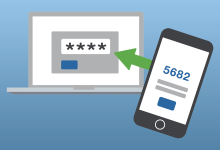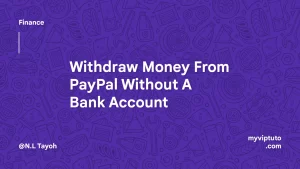Google’s new policy now entails the permanent deletion of inactive accounts

Gmail users haven’t could always care less about the issue of inactive accounts getting deleted as it has always been with Yahoo Mail. But things have changed! Google’s new policy now entails the permanent deletion of inactive accounts. Consequently, the associated email address will become non-functional, and all files and invitations linked to the account will be removed from Google’s servers.
Google will classify accounts as inactive if there has been no activity or login for a minimum of two years. Prior to cancelling the account, Google will send multiple warning emails to the associated email address and any recovery email address.
Starting in December 2024, Google’s new policy will first delete accounts that were created but never actively used. Subsequently, accounts that were created, used, and then abandoned for at least two years will be deleted.
Promoted contents:
- Who is the founder of BBC?
- Toshiba Corporation: Who is the founder of Toshiba?
- Google Releases Android 14 Beta 3, With Platform Stability and New Features
- Who founded Nokia? Here is all you need to know
- Who is the founder of HTC Corporation?
- Fast Charging and Multiple Variants: Samsung’s Galaxy Tab S9+ and Tab S9 Ultra Unveiled
- Who is the founder of Realme?
- The Mobvoi TicWatch 5 Pro has been launched
- Rumours of the Galaxy S23 FE: A budget-friendly variant of the Galaxy S23
- The upcoming iOS 17 will add the ability to use your locked iPhone as a smart display
To prevent automatic deletion, users have several options to revive their accounts. These include reading or sending emails, using Google Drive, watching YouTube videos, downloading apps from the Play Store, or performing searches on Google.
Overall, this policy change is significant for both Google and its users. It emphasizes the importance of maintaining active and updated accounts and highlights the users’ responsibility for their digital presence. While some may find the change unsettling, it ultimately enhances the security and efficiency of the Google ecosystem for everyone involved.







